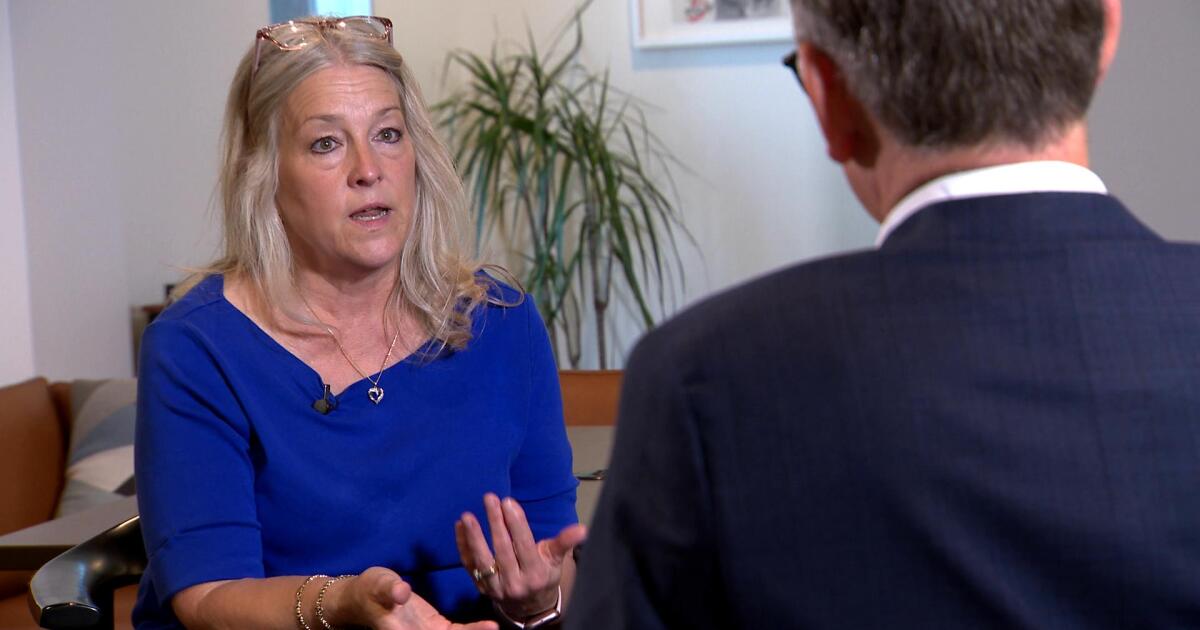NASHVILLE, Tenn. (WTVF) — Advocacy groups for people with disabilities are telling people who have loved ones in state-run community homes that they don’t have to leave.
NewsChannel 5 Investigates first reported that the state will eliminate community homes that have long housed adults with intellectual and developmental disabilities.
Many families were shocked last month when they received letters from the state offering to help them “transition” their loved ones into private care homes or find in-home care.
In response to the state’s letter, the disability advocacy group Tennessee Disability Rights responded with its own letter to people who have loved ones in community homes.
“You are under no obligation to move your loved one out of a state-run facility,” it said in bold type.
“Our concern is that many families and guardians feel they have no choice,” said Zoe Jamail of the Tennessee Disability Rights Association. “Based on the language in the state document, it’s entirely reasonable to be concerned about forced relocation.”
NewsChannel 5 Investigates spoke with Becky Moss shortly after she received the letter from the state.
She worried about where her daughter, Kelly Harper, would live if she had to leave.
Harper, 40, is partially paralyzed and cannot speak after suffering a brain injury as a child.
She originally lived in Clover Bottom until the state closed the facility 10 years ago.
That’s when she moved into a community home with continuing medical care and the same caregivers who had been with her for decades.
“To send them away when that’s all they’ve known for years is wrong. It’s wrong,” Moss said. “They’re trying to cover up the whole thing.”
After our questions, the Department of Intellectual and Developmental Disabilities, which runs the facility, issued a statement saying “no one will be removed from the home.”
The group said it is trying to “create space” for children with complex medical needs who are currently in the custody of the Tennessee Department of Children’s Services and who are often hospitalized because they cannot find long-term foster homes to meet their medical needs.
The state said it was simply asking current adult residents to “consider alternative facilities.”
Zoe Jamail of the Tennessee Disability Rights Association said the letter from the state doesn’t seem to be asking volunteers to move.
“When I read this letter, I had the same impression as many of the people who received it,” Jamail said.
The Department of Intellectual and Developmental Disabilities does not conduct on-camera interviews.
The company told NewsChannel 5 Investigates that nine children are currently in the community homes it operates across the state.
Tennessee has 36 state-run community homes.
The other home is owned by the state, but services are provided through a private contractor.
Each home will have four beds, bringing the total number of beds in the state to about 150.
The department said there was “no target date” for all the sites to be filled with children.
“What we’re hearing from the state is that the plan is to eventually convert all of these facilities into beds for youth in DCS custody,” Jamail said.
The state told families there were more private options for adults and that care for children needed to be expanded.
NewsChannel 5 investigators asked Becky Moss, “What were they told?”
“In 18 to 24 months they’ll be gone. Not only will her home be gone, but everyone will be gone,” Moss replied.
Becky Moss and other families told us they’d been privately told by state officials that their loved ones would eventually have to be relocated.
She is pleased the state has now publicly committed to letting them stay, and is grateful for the support she has received from advocacy groups.
“Providing services to one population should not require interruption of housing and services to the other population,” Jamail said.
When asked about the report, the Department of Developmental Disabilities sent the same statement it sent in response to the original report.
“No one will be evicted from their homes. We communicate that in our discussions with families. What we are trying to do, and what the letter says, is to create space for children with intellectual and developmental disabilities who have complex medical needs and who have few housing options other than hospitals. To that end, we are asking people living in community homes to consider alternative housing options from the wide range of housing options available to adults with intellectual and developmental disabilities.”

